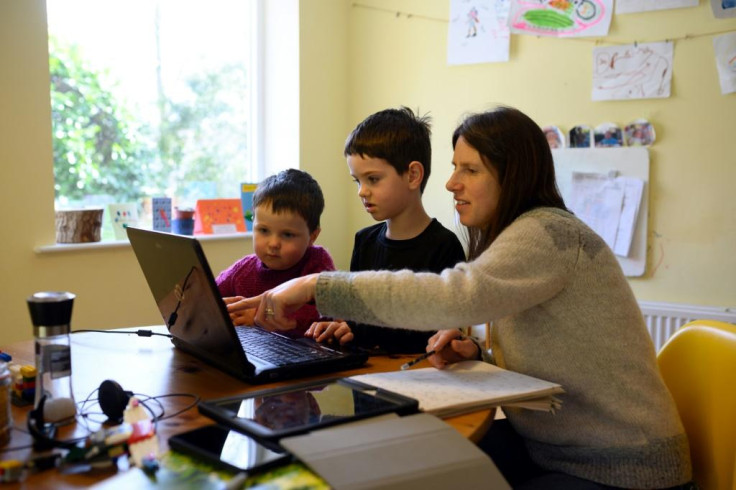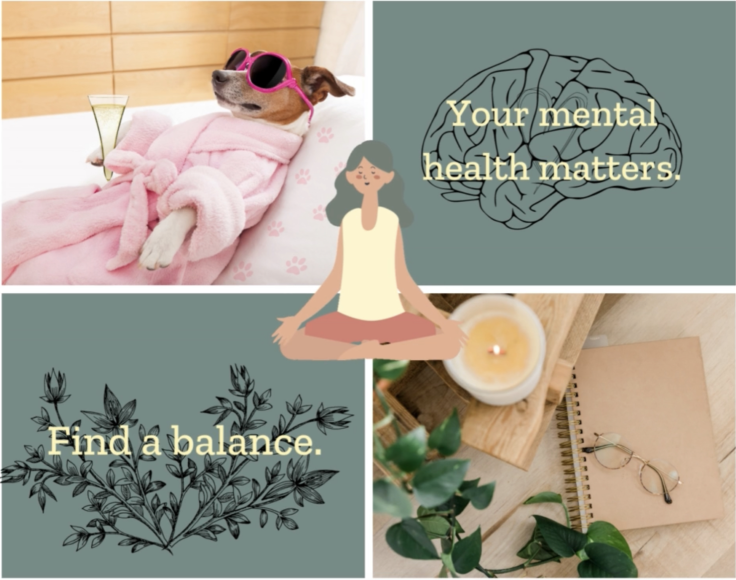Study reveals single parents are more likely to experience anxiety
According to a recent study carried out by the Mental Health Foundation, single parents are more likely to feel anxious and pressured.

Research conducted by the Mental Health Foundation has shown that single parents are statistically more likely and most at risk of feeling anxious, and lonely and that they're under immense pressure from the responsibilities of independently raising their child.
According to statistics from the study (carried out between March 2022 and April 2023), a colossal 89 per cent out of 6,000 single parents had felt anxious in the previous two weeks, compared to 73 per cent of the general population that experienced anxiety. Of the 89 per cent that had experienced anxiety during that fortnight, 86 per cent admitted that anxiety interferes with their day-to-day lives.
The research also showed that a common factor, and trigger, for single parents that experience anxiety, revolves around issues of debt, bankruptcy and financial stability, especially from the current cost-of-living crisis.
More than a third of single parents claimed that the dread of debt had made them feel anxious, whilst 36 per cent were deeply concerned about whether or not they were able to pay their bills. When researchers from the Foundation asked the single parents what would help calm their anxious states, 41 per cent answered that financial security would quell their concerns, whilst a quarter answered that receiving help with their debts would make them feel better.
Mental Health Foundation Associate Director, Julie Cameron, commented on the nature of the research, saying: "Parenting is a challenge and for people who are raising a child on their own, the pressure can be immense. Worry and anxiety can intensify when you are solely responsible for looking after your child, paying the bills, and providing everything a child needs."
Cameron continued by going into more detail about the statistics of the study, saying: "It can also be a lonely experience and our survey showed that almost one-third of single parents felt anxiety due to loneliness. This is compared to 23 per cent of the general population. That's why it's important that single parents have support networks, people they can talk to who understand what they're going through."

Anxiety can be the catalyst for a vicious cycle of fear, paranoia, conflict and resentment, and this kind of anxiety in parents is no exception. For example, parental conflict triggered by feelings of anxiety and resentment can also lead children to feel anxious, insecure and aggressive, and then they can develop severe anxiety disorders later in life. Many parents have even expressed deep concern for lashing out at their children due to their own psychological turmoil.
According to a 2013 study that was published by the Society for Research In Child Development, the stress associated with living in a home where parental conflict was a frequent occurrence could impair a child's cognitive performance. This could also lead to children finding it difficult to effectively regulate their own emotions and concentration. Children themselves may even begin to worry about their parents or adopt negative feelings towards their parent's mental health.
All parents face challenges, regardless of the relationship between both partners, but additional difficulties can surface if mental health problems are not addressed in an honest, sincere manner. I myself was raised by a single mother, who was still very young at the time I was born, and she experienced a multitude of hardships along the way including full-time working, financial worries, debt, threat of eviction, loneliness and a lot of sacrifice. But, thankfully, she was supported by a strong network of people including her family and friends, and solutions were always found to every problem and she managed to keep the roof over our heads.
This is why it is tremendously important to pursue the personal or professional help needed to quell any concerns and help provide you with the mental, emotional, and physical strength to raise your children, whilst also focusing on your own well-being.
© Copyright IBTimes 2024. All rights reserved.






